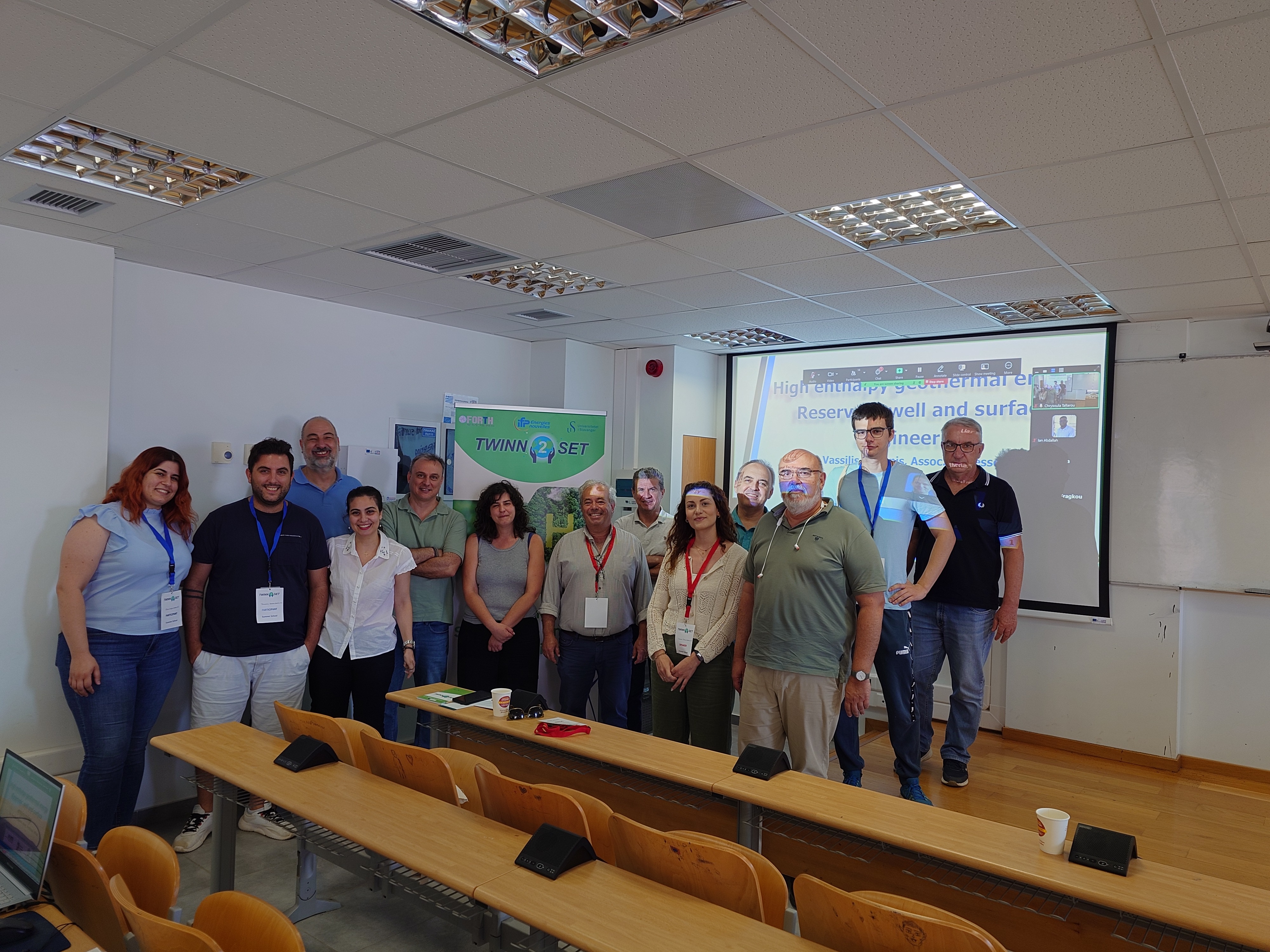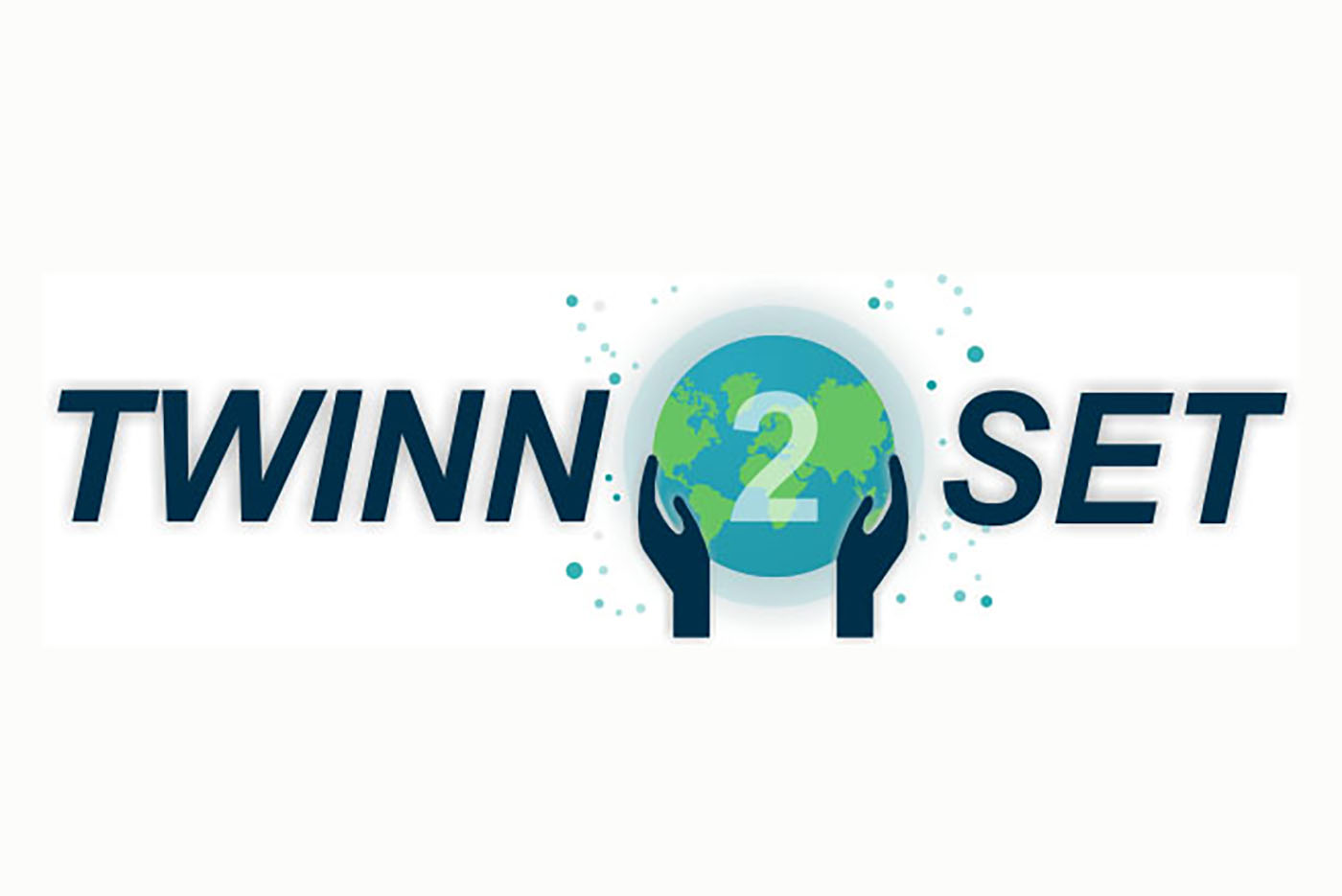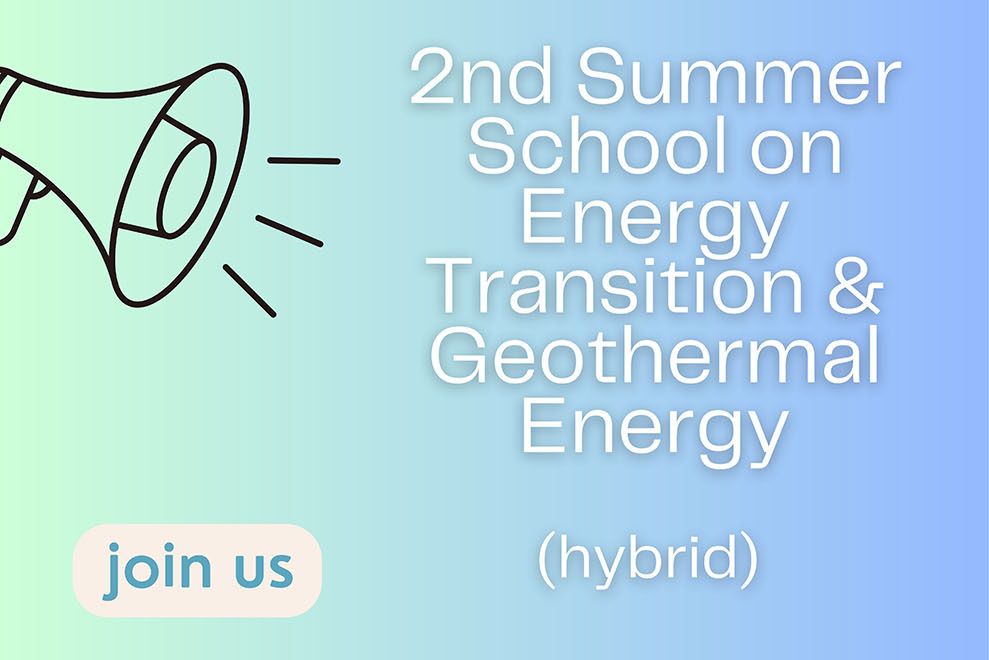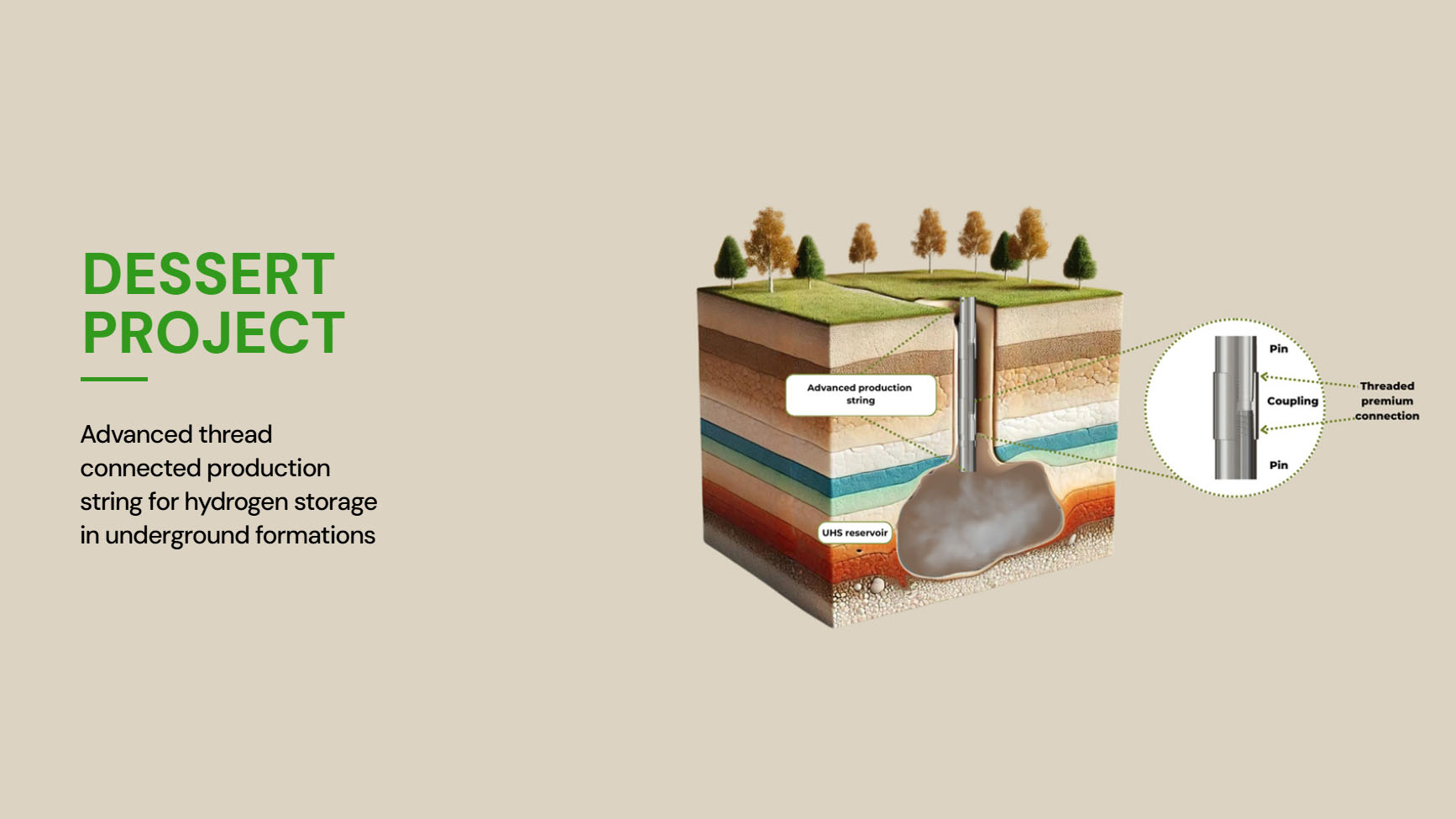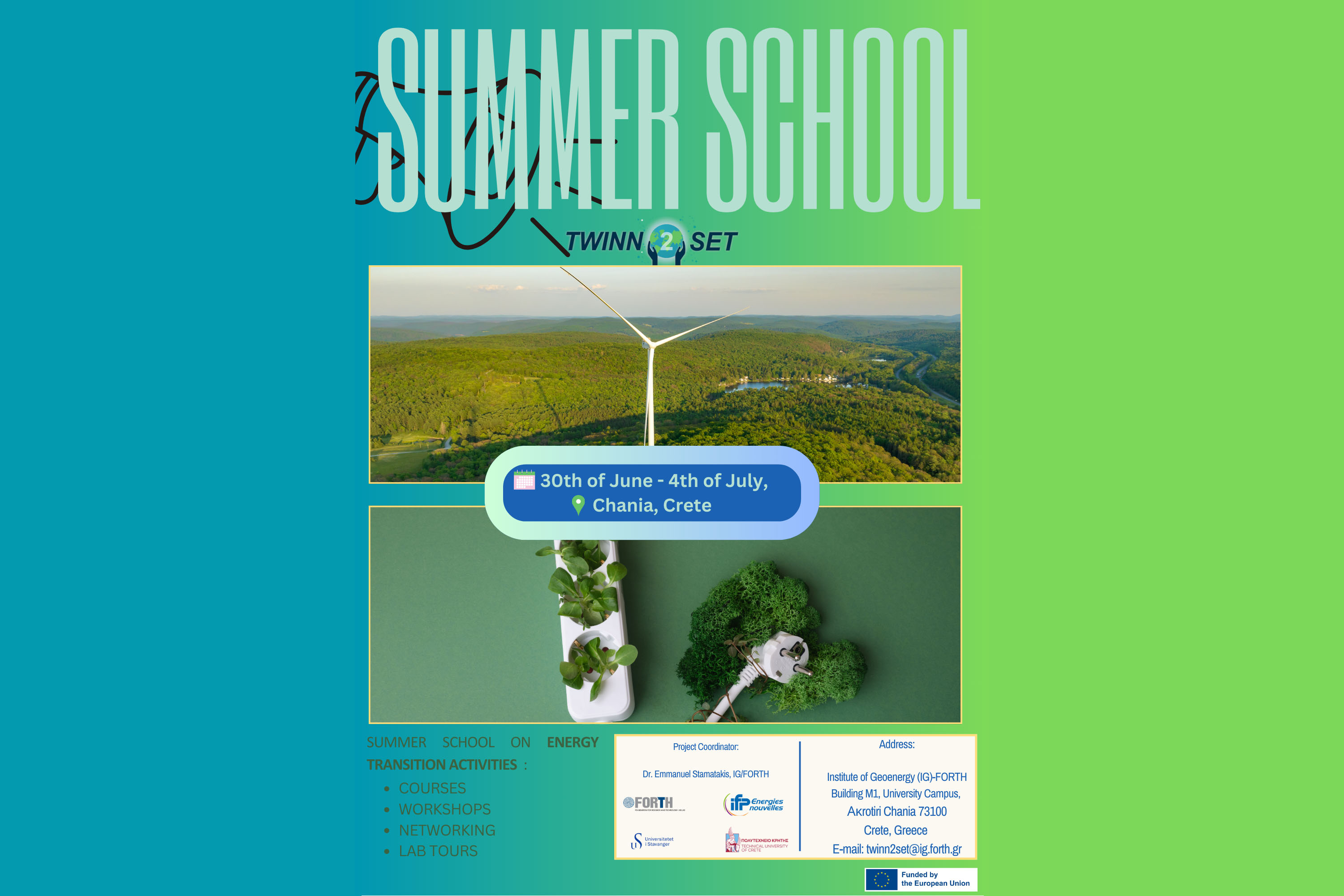The Project
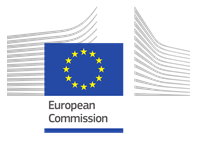 REA.C – Future Society
REA.C – Future Society
C.3 – Widening Participation
Call: HORIZON-WIDERA-2021-ACCESS-03
Topic: Twinning (HORIZON-WIDERA-2021-ACCESS-03
European Union is facing a pressing challenge to transition into a carbon neutral economy 2050, with an intermediate target of 55% CO2 reduction emissions in comparison to 1990. Climate neutrality goals as dictated by the EU Climate Law and the EU’s “Fit for 55” package will be implemented via the EU Green Deal, namely the EU’s industrial strategy. However, careful strategic, large - scale investments in enabling technologies and processes are required which will be relevant to each member state’s strengths and weaknesses. This way, resilient societies can be built around sustainable energy transition pathways for each state with parallel re-direction of resources for transformation of knowledge into technologies and skills of the workforce within sustainable and functioning ecosystems.
Greece is lagging behind in the energy transition process due to a number of reasons such as:
- high share of natural gas in the electricity generation mix on a permanent basis
- use of fossil fuels (lignite) in high-demand periods
- lack of industrial plans to exploit CO2 capture and storage technologies as well as perspectives for CO2 export in other countries
- lack of geothermal energy penetration into the electricity mix
- lack of a national hydrogen strategy (under development)
The country’s Smart Specialisation Strategy for 2014-2020 (the new one is still pending) outlines green Hydrogen storage as part of the supply chain of renewable energy, Carbon Capture and Storage (CCS) as decarbonisation tool of emerging industrial areas whose supply chain is linked to the national roadmap for R&I infrastructures. Most of all it features Geothermal Energy for heat and electricity production.
Furthermore, transitioning into carbon neutrality requires the development of technologies with the potential of mitigating CO2 such as Carbon Capture and Storage (CCS), as certain industries, namely the heavy emitting ones such as steel, cement, chemicals will be the last to run fully on 100% renewable energies. Furthermore, CCS can contribute up to 10 % of CO2 emissions cuts by 2050, fulfilling the Paris Agreement of restraining the rise of global average temperature below 2 °C. On the other side, being able to totally fuel the EU economy by renewable energy, needs, among others, large-scale Hydrogen storing capacity in the subsurface as part of the supply chain of hydrogen (H2 production, transmission, storage, electricity production). In order for hydrogen to play a meaningful role in the energy system, the demand and supply have to be balanced by large hydrogen storage capacities that may be provided by salt caverns, depleted gas field and rock caverns. In terms of the energy mix, according to the European Commission, Geothermal energy, namely the heat stored below the earth’s surface at various depths, can be used to generate electricity or produce heat. However, there are challenges in terms of our understanding of its environmental and societal impact in order to integrate it into a supply chain for direct use of heat and for electricity generation.
Therefore, geosciences play a fundamental role in research activities tackling important energy transition themes through the use of underground resources, such as the geological storage of CO2 and hydrogen and geothermal energy. This is the foundation of the proposed project Twinning to Sustainable Energy Transition (hereinafter TWINN2SET). It will be implemented as a partnership between the Greek Institute of Geoenergy of the Foundation for Research & Technology – Hellas (FORTH/IG), the Norwegian University of Stavanger (UiS) and the French Research Center IFP Energies Nouvelles (IFPEN), in the domains of 1) Carbon Capture and Storage (CCS), 2) Deep Geothermal Energy and 3) Subsurface Hydrogen Storage. The project consists of a capacity building & mentoring programme in the above three areas which will be complemented by an exploratory project focusing on Hydrogen storage in Geological formations, fostering interdisciplinary competencies at the interplay of a promising energy vector with subsurface reservoir characterisation, modelling and monitoring.
In general, a Twinning Action aims to enhance networking activities between a research institution of a Widening countries and top-class leading counterparts at EU level by linking it with at least two research institutions from two different Member States or Associated Countries, by building on the huge potential of networking for excellence through knowledge transfer and exchange of best practice between research institutions and partners. Twinning actions intend to help raise the research profile of the institution from the Widening country as well as the research profile of its staff including a special focus on strengthening the research management and administrative skills of the coordination institution from the Widening country (FORTH/IG).
The TWINN2SET project has received funding from the European Union. Granting authority is the European Research Executive Agency (REA) under grant agreement No 101079246.

